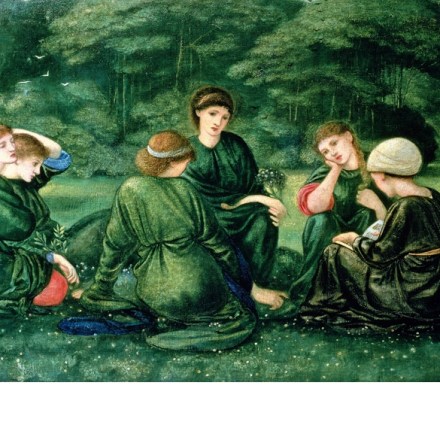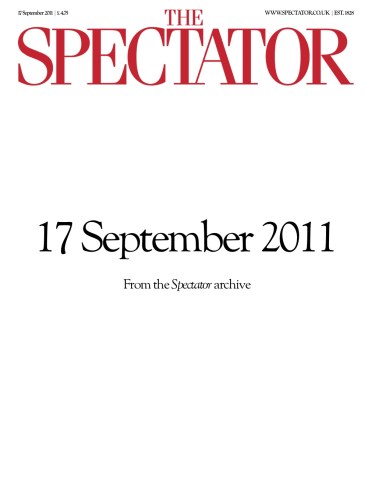The art of enchantment
Edward Burne-Jones was the archetypal literary-minded Victorian. Born in 1833, the son of a Birmingham picture-framer and gilder, he developed a taste for the Romantic poets while at school. Then, whilst an undergraduate at Oxford, he found a lifelong friend in William Morris. The university was supposed to be their route towards holy orders, but







